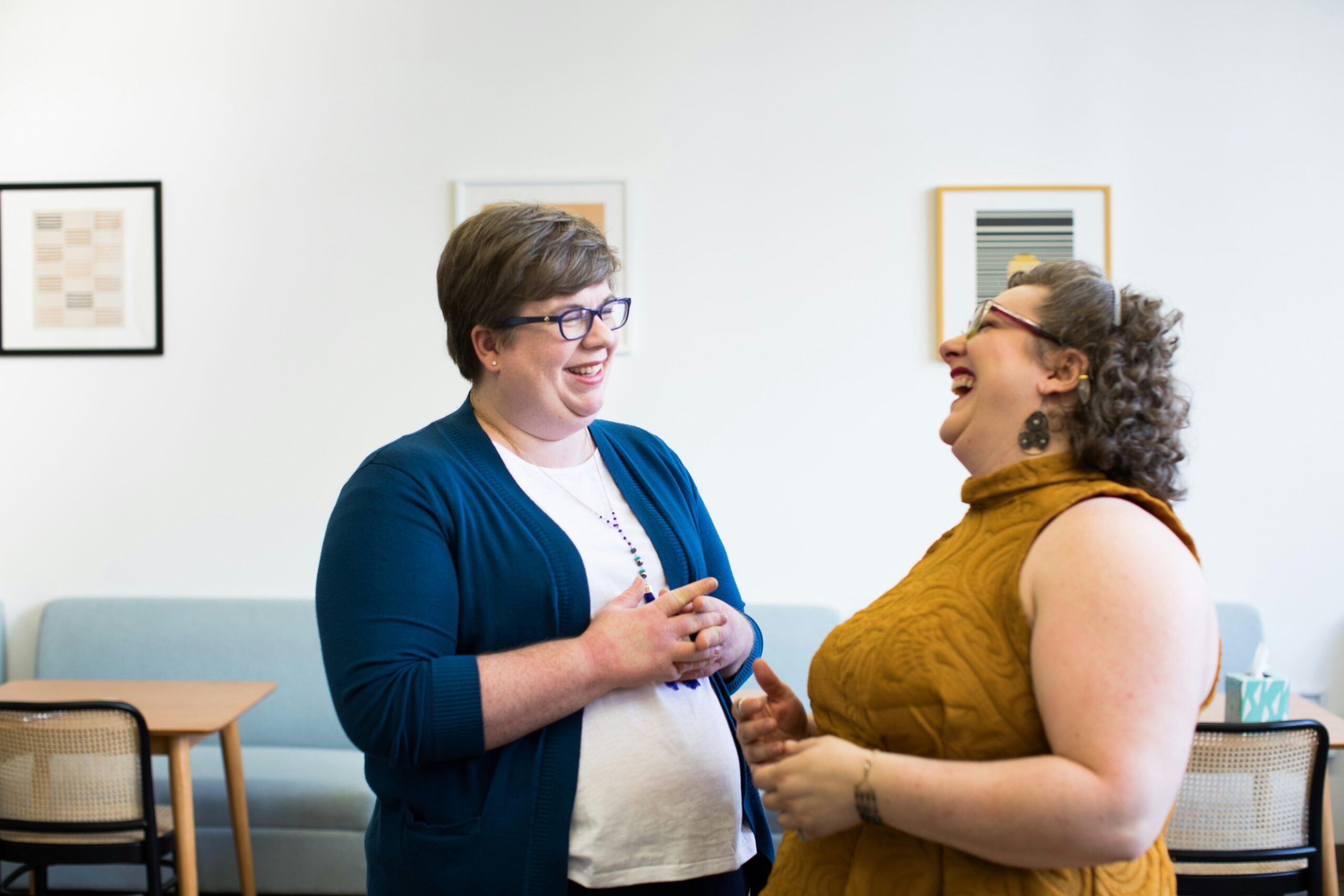
Neurodiversity in the workplace
Learn about neurodiversity and how you can help your neurodiverse employees thrive.
Understanding neurodiversity
Neurodiversity describes the different ways people think, learn, and interact. About 15% of people in the UK are neurodivergent (opens in a new window), meaning their brains work differently from what’s considered ‘typical’.
Neurodivergent conditions include:
- Autism
- ADHD (attention deficit hyperactivity disorder)
- Dyscalculia
- Dyslexia
- Dyspraxia
- Tourette’s syndrome
- Epilepsy
- Developmental language disorder
- Intellectual disability
- Foetal alcohol spectrum disorder
These conditions exist on a spectrum, with some people needing little support and others facing more challenges.
If a neurodivergent employee considers their condition a disability, it is protected under the Equality Act 2010. Employers must ensure they are not disadvantaged and provide reasonable adjustments.
Watch MIND’s video on workplace neurodiversity (opens in a new window).
Page last reviewed: 11th March 2025
